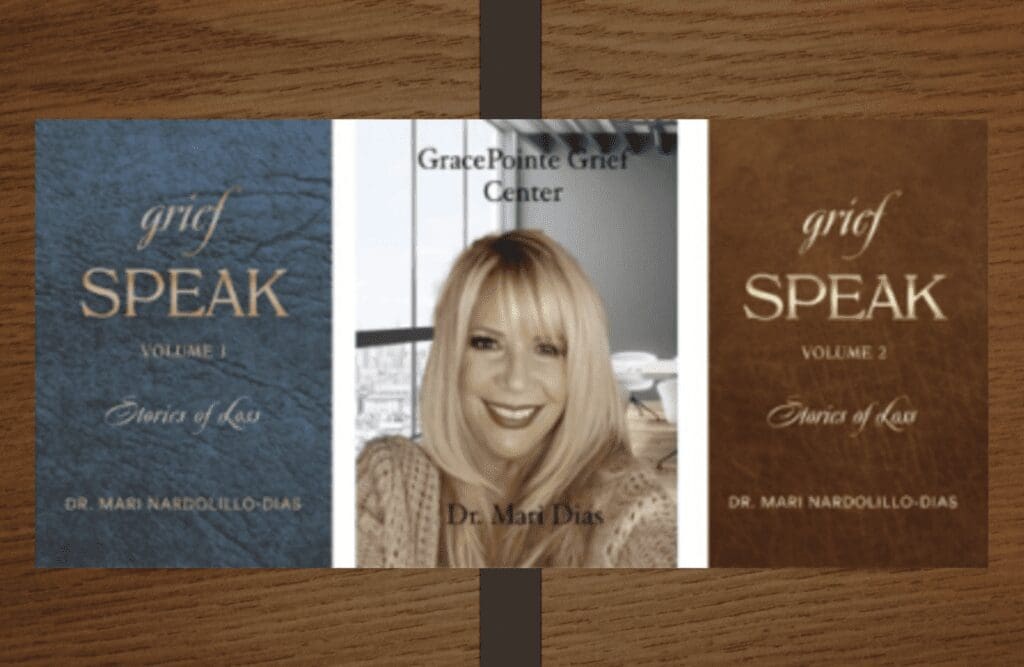Search Posts
Recent Posts
- Rhode Island Weather for April 28, 2024 – John Donnelly April 28, 2024
- The Promised Land: a short story by Michael Fine April 28, 2024
- Ask Chef Walter: Gnocchi with Pesto lesson – Chef Walter Potenza April 28, 2024
- Newport Flower Show to celebrate flowers and horticulture with “At Home” theme April 28, 2024
- Gimme’ Shelter: Buddy, here! – at Rhode Home Rescue April 28, 2024
Categories
Subscribe!
Thanks for subscribing! Please check your email for further instructions.

GriefSPEAK: A loss by any name is still a loss – Mari Nardolillo Dias
by Mari Nardolillo Dias, EdD, contributing writer
This is a work of fiction. Names, characters, businesses, places, events, locales, and incidents are either the products of the author’s imagination or used in a fictitious manner. Any resemblance to actual persons, living or dead, or actual events is purely coincidental.
Taryn is a 30-something foster mom. She adopted her first foster child, and more recently adopted a young toddler, Alyssa. According to DCYF, the biological mom of Alyssa was giving up her rights and it was only a matter of time before Taryn could officially call Alyssa her daughter. The biological mom was unsure of paternity but offered up a few names. DCYF tried to contact these men to no avail. In the meantime, Taryn fell in love with Alyssa. She doted on this beautiful young girl. The love was reciprocated. They marked many developmental milestones together, and Alyssa learned to speak and socialize. She had been placed in several foster homes prior. She and Taryn were destined to be mother and daughter.
In the interim, DCYF was successful in locating a couple of the potential biological fathers for a DNA test. Ronald proved to be the one. Taryn was devastated to hear this news, as she was readying her home and heart for the adoption. Following a few supervised visits with Ronald, along with a couple of overnights, DCYF and the Family Court judge ruled that Alyssa belonged with her biological dad.
Despite the living conditions and income, which were not up to par (according to Taryn), the mission of DCYF is to “reunite” biological children and their families. Both Taryn and Alyssa were torn and devastated when the social worker arrived to take Alyssa away. Alyssa held on to the front door frame and clutched is so tight so as she couldn’t be pulled away. Screaming at the top of her lungs, “Mommy, don’t let them take me!” – the social worker said, “We don’t have time for this” and grabbed Alyssa and put her in the back seat of her car. Taryn’s final view of her daughter of one-and-a-half years was Alyssa looking out of the back car window, waving and screaming. Taryn is disallowed through any means. The last thing Taryn said to me was, “My daughter was legally kidnapped.”
Nellie is a 40-year-old single mom with a 5-year-old daughter. From birth there were issues. Nellie worked long hours and did not have any particular parenting skills. She was a bit overwhelmed. She often allowed Rosalind to stay up until all hours, provided minimal discipline and daily nutrition from fast food restaurants. Nellie did not have any transportation and often missed Rosalind’s doctor’s appointments due to work and transportation issues. Rosalind’s behavior began to escalate, manifesting in aggression. Biting. Kicking. Screaming. Swearing. She was removed from several day care centers.
In an attempt to ameliorate the disruptions, Nellie removed Rosalind and had her stay home with a sitter. The sitter was a former drug addict who tended to be messy and barely socialized with Rosalind. Nellie would return home late at night to find Rosalind awake and the house a mess, with empty pizza boxes and crust on the floor, along with dog urine and feces. It was not pretty. Many neighbors complained.
Eventually, an anonymous caller reported Nellie to DCYF. Following a visit, Rosalind was sent to the hospital for a physical exam to rule out any physical or sexual abuse. They couldn’t rule it out. Rosalind was taken away from her biological mother and put into foster care. She desperately wants her daughter back.
She has supervised visits with a social worker. Rosalind doesn’t want to go back home. She doesn’t like her mother’s boyfriend. Oftentimes she doesn’t want to see mom. Though DCYF does want her to see mom. To return to biological mom. I know the protocol.
When Rosalind’s foster mom told me Nellie was allowed unsupervised visits, I knew what was coming. Reunification. The goal of DCYF – every case, no matter the issue (unless the biological parent is a danger to the child) works towards reunification.
What are the benefits and possible trauma on the children? I am not taking sides. But I believe each case should been seen as unique, different and special. What is good for one child may not be the best for another. As a former CASA volunteer, I know it should be all about the children.
___

Dr. Mari Nardolillo Dias is a nationally board-certified counselor, holds a Fellow in Thanatology and is certified in both grief counseling and complicated grief. Dias is a Certified death doula, and has a Certificate in Psychological Autopsy.
She is an Adjunct Professor of Counseling and Psychology at both Johnson & Wales University and Community College of Rhode Island. Dias is the director of GracePointe Grief Center, in North Kingstown, RI. For more information, go to: http://gracepointegrief.com/
